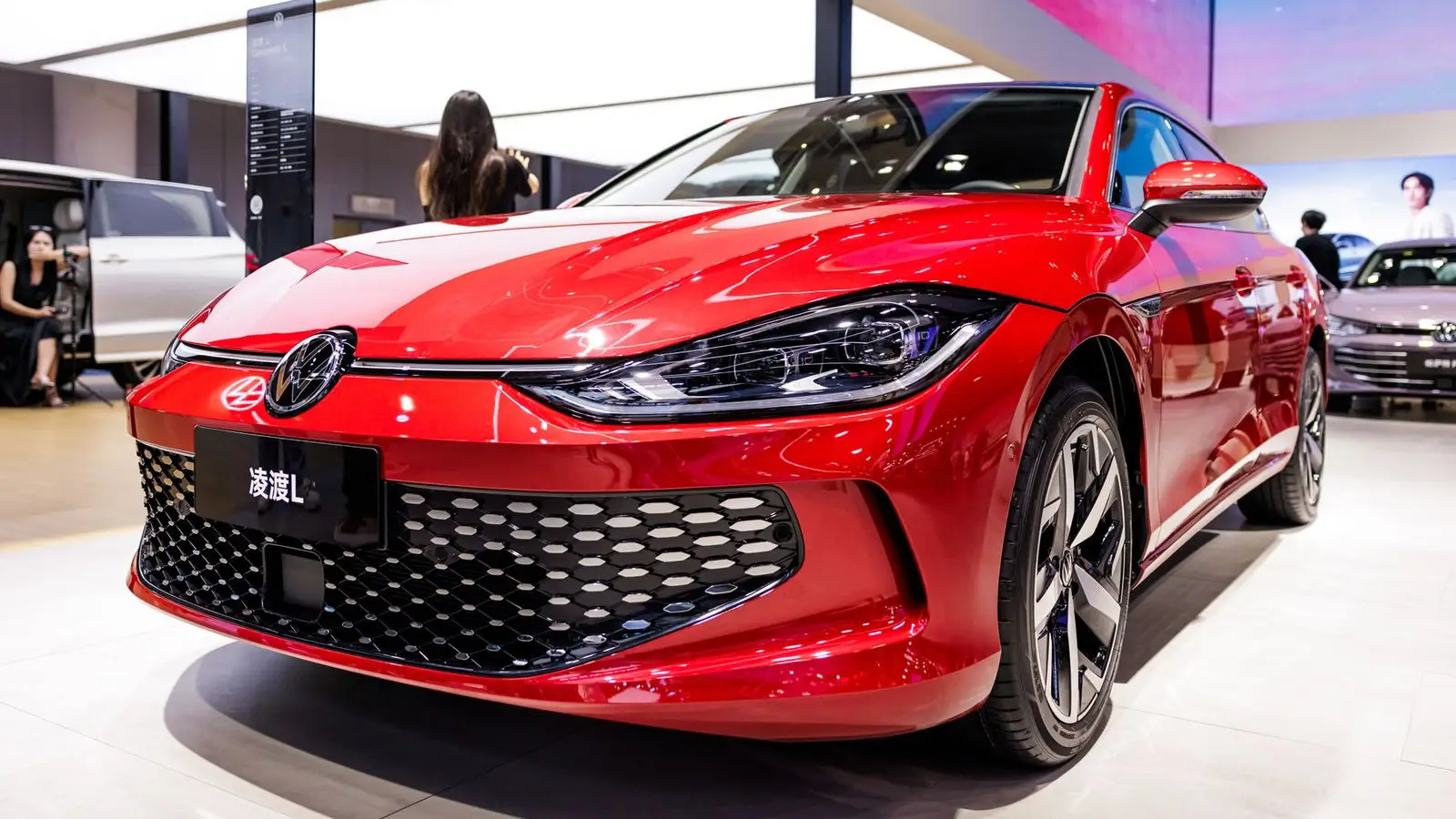DIY solution enables battery preheating for older Volkswagen, Skoda, and Cupra EVs

A new open-source hardware mod finally allows early Volkswagen MEB EVs to preheat their batteries before fast charging, improving winter performance and charging times.
The first generation of Volkswagen’s MEB-based electric cars — including the ID.3, ID.4, ID. Buzz, Skoda Enyaq and Cupra Born — lacked an essential feature: battery preconditioning. While the necessary hardware was present, early software versions didn’t allow drivers to warm up the battery before fast charging. In cold climates, this meant much slower charging, as the battery limited power intake until it reached optimal temperature.
Newer software releases introduced with the 2024 model year finally fixed this issue. Owners of updated Volkswagen and Skoda EVs can now activate preconditioning manually via the screen or automatically when navigating to a DC charger. Yet, for earlier cars, no official update has been offered.
Security engineer Fredrik Gustafsson stepped in with a clever DIY solution. He designed a small circuit board that connects to the car’s Battery Management System (BMS) and triggers the built-in heater manually. The required components cost around $40–50, and his open-source project is detailed on GitHub. Enthusiasts in the EV community have already replicated and discussed it widely.
Experts caution, however, that tampering with a high-voltage BMS is risky and can void warranties. High-voltage systems demand professional handling. Gustafsson notes that his module relies on the car’s existing safety logic — the BMS cuts off heating automatically once the target temperature is reached.
For monitoring, owners can use third-party apps such as Car Scanner to read real-time battery temperature via an OBD adapter. This allows them to see when preheating is most effective before fast charging.
Volkswagen has since included full battery preconditioning in its latest software and models, but there’s no confirmed plan to roll it out to vehicles built between 2021 and early 2024. Until then, the community-built workaround remains the only practical — if imperfect — way to bring back a crucial winter feature to early MEB EVs.
Mark Havelin
2025, Oct 06 04:58


